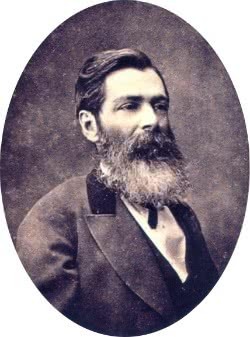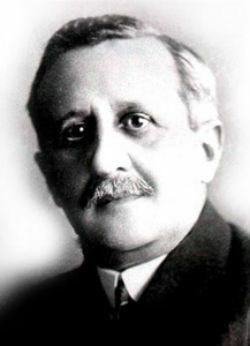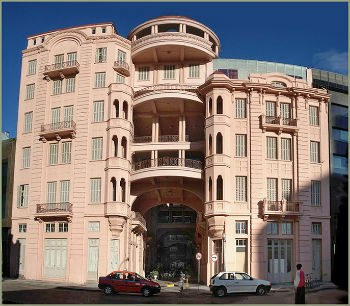José de Alencar he is considered one of the greatest exponents of romanticism in Brazil.
He served as a journalist, critic, lawyer, playwright and politician. In addition, he was Patron of Chair No. 23 of the Brazilian Academy of Letters (ABL).
In the first romantic generation, with nationalist and Indianist content, Alencar extolled various national aspects and the figure of the Indian as a Brazilian hero.
His main Indian works were: The Guarani (1857), iracema (1865) and Ubirajara (1874).
Biography

Portrait of José de Alencar in 1870
José Martiniano de Alencar was born on May 1, 1829 in the city of Messejana, Ceará. At just 1 year old, his family moved to Rio de Janeiro, which at the time was the capital of the Brazilian Empire.
He studied at the Colégio de Instrução Elementar and, in 1846, at the age of 17, he entered the Faculty of Law of Largo de São Francisco, in São Paulo, graduating in 1850. During those years at the University, he created the magazine entitled “Literary Essays”.
José de Alencar was a multifaceted figure, practiced his profession as a lawyer and acted in politics, electing himself State Deputy of Ceará (1861). He was also head of the Secretariat of the Ministry of Justice (1859) and Minister of Justice (1868-1870).
Worked as a journalist in the “Mercantile Mail” (1854) and editor-in-chief in the “Rio de Janeiro Diary” from 1856. That same year, he published his first novel: “Five minutes”.
The following year, he published two novels, “the little widow" and "The Guarani”. He married Ana Cochrane and, in 1872, had their first child, Mário Cochrane de Alencar (member of the Brazilian Academy of Letters).
He died in Rio de Janeiro on December 12, 1877, at the age of 48, a victim of tuberculosis.
Construction
Despite having died at just 48 years of age, José de Alencar was an avid writer and owner of a vast work. He wrote novels (urban, Indian, regionalist, historical), chronicles, critics and theatre.
His works were marked, for the most part, by themes related to nationalism, history and Brazilian popular culture.
Another important characteristic refers to the language, since Alencar was a great innovator of the Portuguese language and valued a more national language.
Some of his works that deserve mention:
Affairs
- Five Minutes (1856)
- The Little Widow (1857)
- The Guarani (1857)
- Luciola (1862)
- Diva (1864)
- iracema (1865)
- The Gaucho (1870)
- The Trunk of Ipe (1871)
- Golden Dreams (1872)
- Carpenters (1873)
- Ubirajara (1874)
- O Sertanejo (1875)
- Lady (1875)
- Incarnation (1877)
theater
- Back and Back (1857)
- The Familiar Demon (1857)
- An Angel's Wings (1858)
- Mother (1860)
- The Jesuit (1875)
Curiosities
- José de Alencar was a great friend of Machado de Assis (1839-1908), a figure who named him patron of Chair No. 23 of the Brazilian Academy of Letters.
- In honor of José de Alencar, in the city of Fortaleza is the “Teatro José de Alencar”, inaugurated in 1910. In addition, in the city of Rio de Janeiro, a statue of the writer was erected.
Read too:
Indianism
Romanticism in Brazil
Romantic Prose in Brazil



